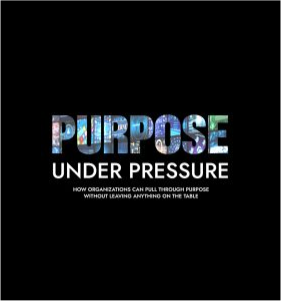Welcome to our Content Hub
Whether you’re a current client or a new visitor, we invite you to dive into our content and join the conversation.



Resources
Comms&Content.
Expert:innenmeinungen und Einblicke von Allison-KMUs in die neuesten Nachrichten und Trends aus der Welt des Marketings und der Kommunikation.
Unsere Blogs lesen
Comms&Content.
Expert:innenmeinungen und Einblicke von Allison-KMUs in die neuesten Nachrichten und Trends aus der Welt des Marketings und der Kommunikation.
Unsere Blogs lesen
Erkenntnisse.
Wir betreiben eigene Forschung, um neue Ideen zu entwickeln und der Branche einen Schritt voraus zu bleiben. Unabhängig davon, ob es sich um unsere eigenen Studien oder um Standpunkte zu den neuesten Trends handelt, unterstreicht unser intellektuelles Eigentum unsere tiefgreifenden Fachkenntnisse und bietet umsetzbare Erkenntnisse, die Ihnen helfen, weiterzukommen.
Unsere Forschung ansehen
Erkenntnisse.
Wir betreiben eigene Forschung, um neue Ideen zu entwickeln und der Branche einen Schritt voraus zu bleiben. Unabhängig davon, ob es sich um unsere eigenen Studien oder um Standpunkte zu den neuesten Trends handelt, unterstreicht unser intellektuelles Eigentum unsere tiefgreifenden Fachkenntnisse und bietet umsetzbare Erkenntnisse, die Ihnen helfen, weiterzukommen.
Unsere Forschung ansehen

Our Culture
We’re different by design.
Our founding vision was to create a positive and entrepreneurial environment where talented people thrive – and creativity-killing bureaucracy…doesn’t.







